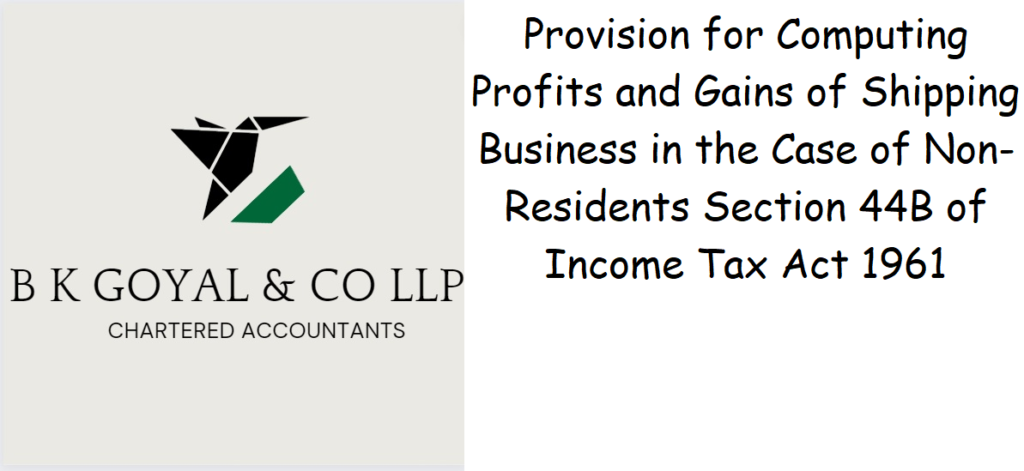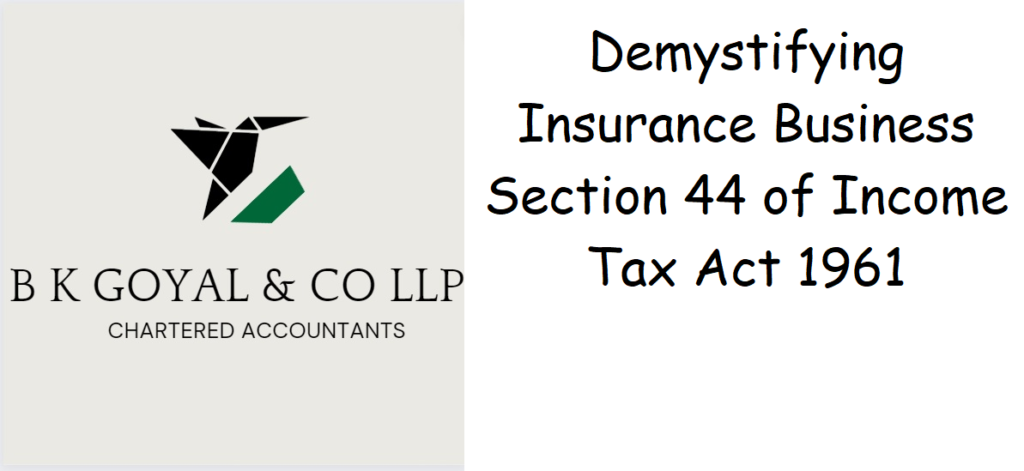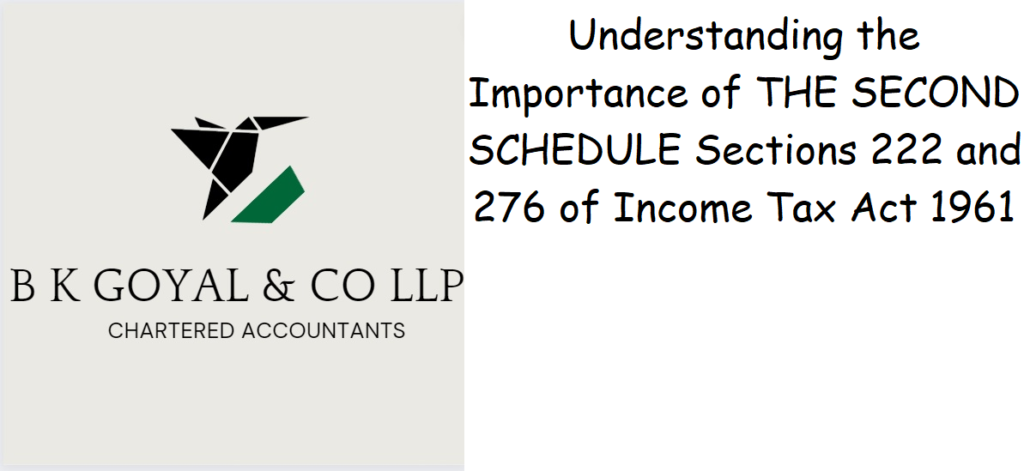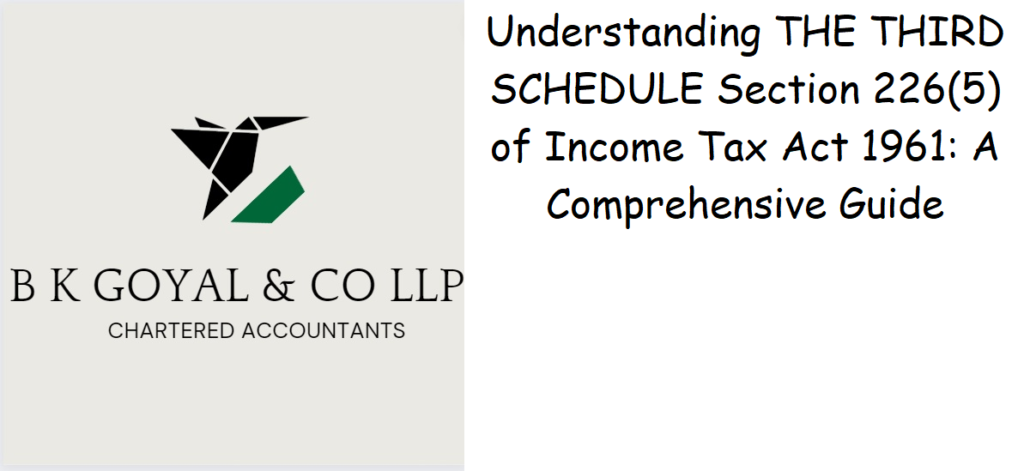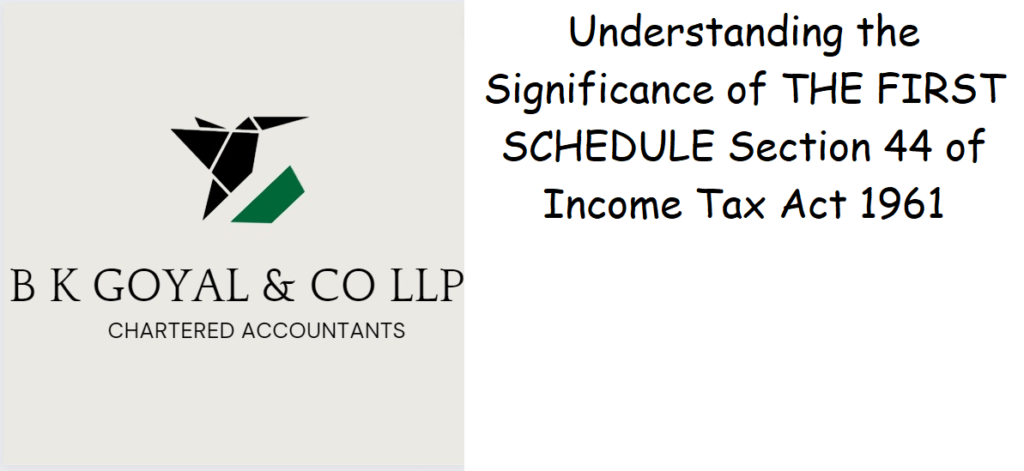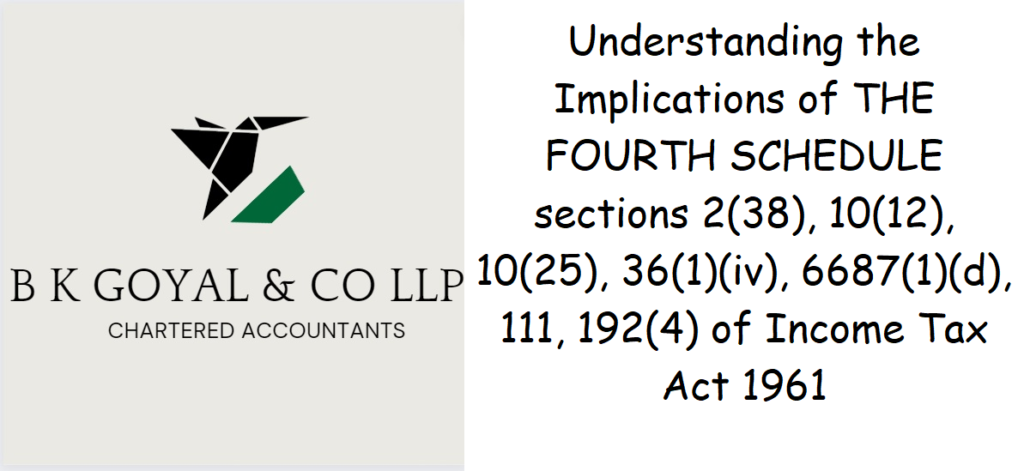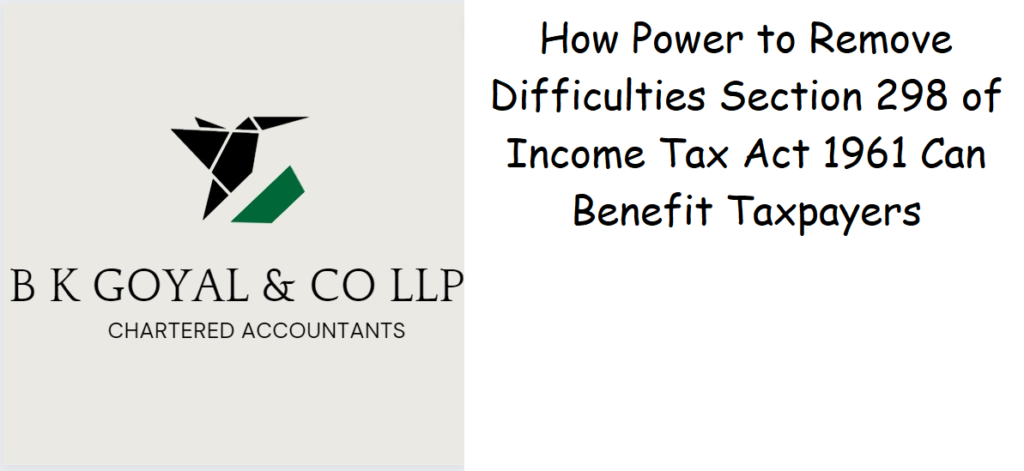Introduction Are you looking to understand about Understanding the Implications of THE FOURTH SCHEDULE sections 2(38), 10(12), 10(25), 36(1)(iv), 6687(1)(d), 111, 192(4) of Income Tax Act 1961 ? This detailed article will tell you all about Understanding the Implications of THE FOURTH SCHEDULE sections 2(38), 10(12), 10(25), 36(1)(iv), 6687(1)(d), 111, 192(4) of Income Tax Act 1961. Hi, my name is Shruti Goyal, I have been working in the field of Income Tax since 2011. I have a vast experience of filing income tax returns, accounting, tax advisory, tax consultancy, income tax provisions and tax planning. Paying taxes is an important aspect of being a responsible citizen. However, the tax laws can be complex and confusing for many individuals. The Income Tax Act of 1961 is a comprehensive tax law in India that governs the taxation of income earned by individuals and businesses in the country. It consists of various sections, schedules, and rules that taxpayers need to comply with. One such schedule is THE FOURTH SCHEDULE, which contains details of the rates at which income tax is chargeable on the income of individuals, Hindu undivided families, and other entities. In this blog, we will discuss the implications of some of the sections of THE FOURTH SCHEDULE, namely sections 2(38), 10(12), 10(25), 36(1)(iv), 6687(1)(d), 111, and 192(4) of the Income Tax Act 1961. Understanding THE FOURTH SCHEDULE sections 2(38), 10(12), 10(25), 36(1)(iv), 6687(1)(d), 111, 192(4) of Income Tax Act 1961 Section 2(38) This section defines the term “speculative transaction.” According to the Income Tax Act, a speculative transaction is a transaction in which a contract for the purchase or sale of any commodity, including stocks and shares, is settled otherwise than by the actual delivery or transfer of the commodity or scrip. In other words, a speculative transaction is a transaction in which the buyer or seller does not intend to take delivery of the underlying commodity or scrip. Such transactions are considered to be speculative in nature and are subject to different tax treatment. Section 10(12) This section deals with the tax treatment of leave encashment received by an employee. Leave encashment refers to the amount received by an employee in lieu of unused leave days. According to section 10(12) of the Income Tax Act, the amount received as leave encashment by a government employee is fully exempt from tax. However, for non-government employees, the exemption is limited to the minimum of the following three amounts: The amount actually received as leave encashment 10 months’ average salary The amount calculated as per the provisions of section 89(1) of the Income Tax Act Section 10(25) This section deals with the tax treatment of commuted pension received by an employee. Commuted pension refers to a lump-sum amount received by a retiree in lieu of a portion of their pension. According to section 10(25) of the Income Tax Act, commuted pension received by a government employee is fully exempt from tax. For non-government employees, the exemption is limited to the following: The amount received as commuted pension by the employee One-third of the total amount of pension that the employee is entitled to receive The amount calculated as per the provisions of section 89(1) of the Income Tax Act Section 36(1)(iv) This section deals with the tax treatment of bad debts. According to the Income Tax Act, a bad debt is a debt that has become irrecoverable. Section 36(1)(iv) allows for the deduction of bad debts from the profits and gains of a business or profession. However, in order for a bad debt to be allowed as a deduction, certain conditions must be met. For example, the debt must have been included in the income of the taxpayer in an earlier year, and the taxpayer must have written off the debt as irrecoverable in their books of account. Section 6687(1)(d) This section deals with the tax treatment of income received from a foreign source. According to the Income Tax Act, income received from a foreign source is taxable in India if it is received by a resident or a non-resident who is carrying on business or profession in India. Section 6687(1)(d) requires that income received from a foreign source by a resident or non-resident who is carrying on business or profession in India must be included in their total income for the year and taxed accordingly. Section 111 This section deals with the tax treatment of gains from the transfer of a capital asset. According to the Income Tax Act, gains arising from the transfer of a capital asset are subject to tax. Section 111 specifies that gains from the transfer of a capital asset acquired by the taxpayer before April 1, 1981, can be computed in one of two ways, whichever is more beneficial to the taxpayer: By taking the actual cost of acquisition as the cost of acquisition By taking the fair market value of the asset as on April 1, 1981, as the cost of acquisition Section 192(4) This section deals with the tax treatment of salary paid in arrears or in advance. According to the Income Tax Act, salary paid in arrears or in advance is taxable in the year in which it is received. Section 192(4) provides for the computation of tax in cases where salary is paid in arrears or in advance. The tax liability is calculated as if the salary had been received in the year to which it pertains. However, the taxpayer can claim relief under section 89 of the Income Tax Act if the tax liability is higher due to the payment of salary in arrears or in advance. FAQs Q: What is THE FOURTH SCHEDULE of the Income Tax Act 1961? A: THE FOURTH SCHEDULE contains details of the rates at which income tax is chargeable on the income of individuals, Hindu undivided families, and other entities. Q: What is a speculative transaction? A: A speculative transaction is a transaction in which a contract for the purchase or sale of any commodity,
